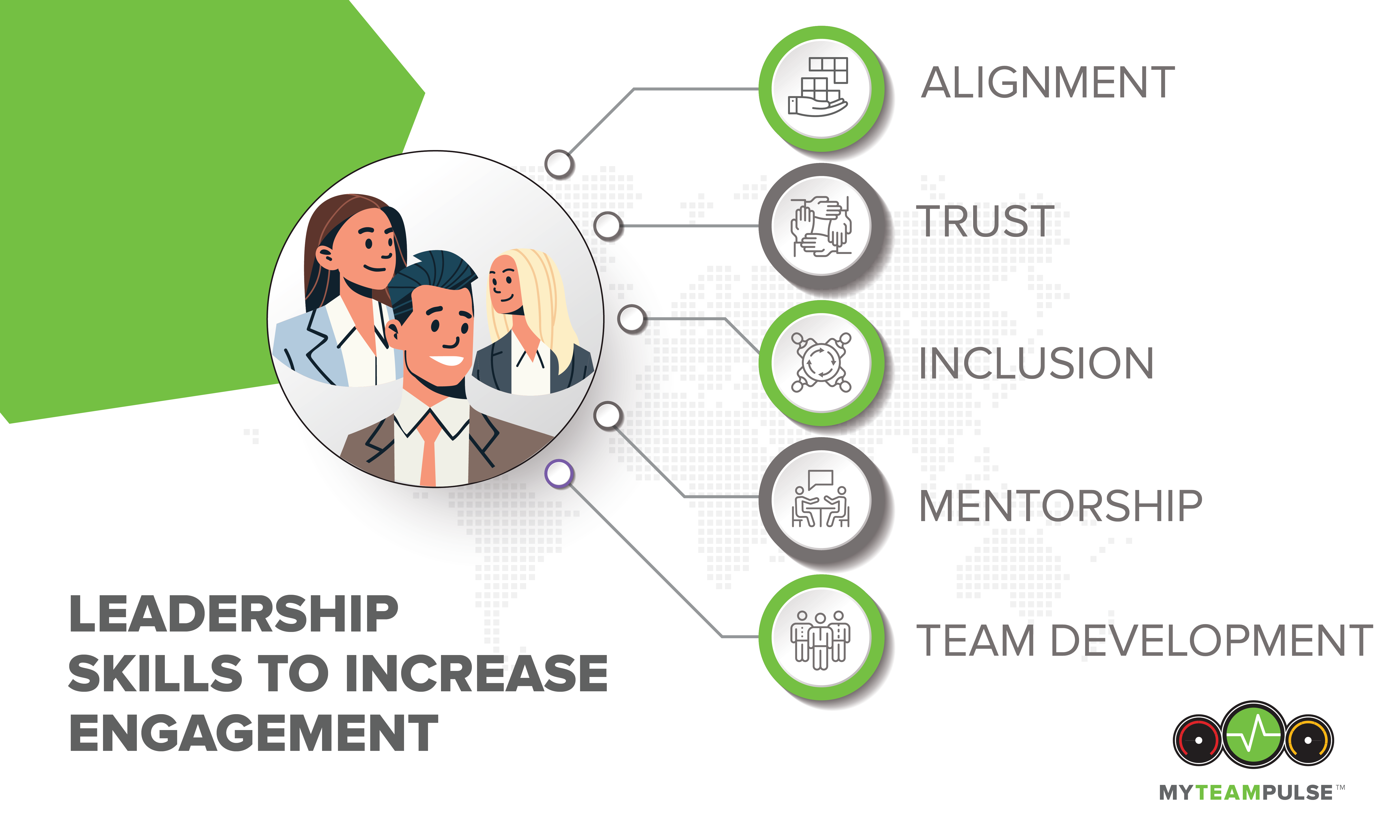In today’s fast-paced and constantly changing business landscape, the necessity for strong leaders has reached a new high. Forward-thinking problem-solving and the ability to tackle complex challenges are essential skills that differentiate successful leaders from the rest. As individuals strive to enhance their leadership capabilities, it grows more crucial to cultivate a set of fundamental skills that not only improve individual performance but also empower teams and promote organizational growth.
This article delves into the top leadership skills every professional should develop to thrive in modern workplaces. From emotional intelligence and clear communication to adaptability and strategic thinking, these skills are essential for engaging teams each day. As we examine each skill, we will discover practical insights and practical strategies to help you develop your leadership style in a world that demands tenacity, creativity, and honesty.
Essential Guidance Skills
In today's fast-paced climate, effective leadership depends on developing a set of essential skills that drive success. Top among these abilities is robust decision-making ability, which allows leaders to manage complex situations with assurance. Executives who develop this ability enhance their ability to assess potential issues, weigh outcomes, and execute educated choices that positively affect their teams and entities. Alongside decision-making is EQ, a vital tool that helps leaders comprehend and manage their personal emotions as well as those of their team members, creating a nurturing and productive work atmosphere.
Communication is essential as another pillar of great leadership. A chief who communicates clearly can express their vision clearly and inspire their team to strive for shared objectives. This entails not just speaking and written communication well but proactively hearing to staff and engaging in meaningful conversations. By emphasizing effective communication, executives cultivate a culture of transparency, where thoughts can flow freely and collaboration thrives. Additionally, flexibility is crucial; in an era where change is the standard, leaders must be capable of modifying their strategies and methods in reaction to evolving circumstances, ensuring their groups remain strong and agile.
Building credibility is a skill every chief must refine to improve team dynamics and foster a cooperative environment. Trust encourages honesty and allows team members to share their ideas and issues without worry of backlash. Moreover, executives who show integrity and consistency in their actions will see their endeavors result in a committed and engaged group. As they lead their groups through diverse obstacles, effective leaders also utilize conflict resolution skills, helping to navigate disputes efficiently and sustain a positive environment where everyone is made to feel appreciated.
Approaches for Successful Leadership Strategies
Effective leadership requires a multifaceted approach that combines various skills and strategies. One key element is enhancing strong decision-making skills. Professional growth should adopt a methodical decision-making process, weighing the benefits and drawbacks while taking into account the input of their team. This not only leads to better outcomes but also encourages a culture of cooperation and trust within the organization.
An additional essential strategy is to develop emotional intelligence. Leaders who are emotionally astute can navigate complex interpersonal dynamics and respond to the emotional needs of their team members. This skill helps in creating a nurturing environment where employees feel valued and understood, ultimately enhancing team morale and performance.
Lastly, mastering the craft of strong communication is crucial for leadership success. This involves not just sharing information effectively but also engaging to team members. Leaders who engage transparently and clearly create channels for input and dialogue, which enhances team cohesion and encourages innovation. Focusing in communication skills is an investment in the overall health of the organization.
Creating a Leadership Culture
Building a management culture inside an organization requires developing an environment where management skills are recognized and nurtured at all levels. This starts by integrating core management principles into the organization's purpose and principles. When organizations emphasize leadership development, they build a framework that promotes employees to act independently, choose, and manage their projects. By recognizing leadership behaviors, companies can motivate individuals to take on management roles, fostering a proactive mindset that contributes to collective success.
To create this culture effectively, organizations must allocate funds in development and learning programs focused on essential leadership skills. Workshops and coaching opportunities should cater to various management competencies, such as social awareness, strong communication, and dispute resolution. Leaders should be encouraged to communicate their learning stories and strategies for success, creating a cooperative atmosphere where experience is transferred. This collaborative learning not only boosts skills but also reinforces team unity and progress.

Finally, open communication is key in promoting a robust leadership culture. Providing channels for feedback and discussion can empower employees to voice their ideas and concerns, developing a sense of belonging and ownership. Leaders should be friendly and receptive, which shows a commitment to nurturing their team’s growth. By embedding these practices into the organization’s daily functions, a lasting leadership culture arises, driving team performance and aligning individual goals with the larger vision of the organization.
